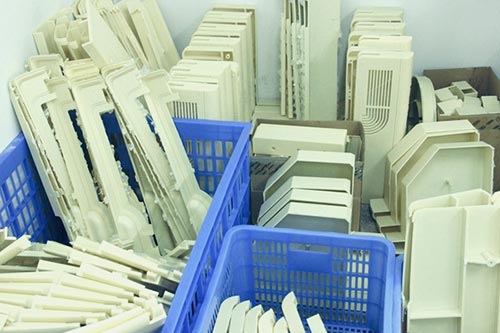Can you vacuum cast aluminum?
Views: 446 Update date: Jul 19,2024
In the realm of metalworking and casting, aluminum is a widely used material due to its lightweight, corrosion resistance, and good thermal conductivity. When it comes to casting aluminum, there are various techniques and methods that can be employed, and one of them is vacuum casting. The question arises: can aluminum be vacuum cast? The answer is yes, aluminum can be vacuum cast with suitable processes and equipment.Vacuum casting, or vacuum investment casting, is a precise casting process that involves using a wax or plastic pattern, creating a ceramic mold around it, and then melting and pouring the metal into the mold under vacuum conditions. This process is often used for intricate and complex parts where precision and detail are crucial.
When vacuum casting aluminum, the key factors to consider are the alloy composition, melting temperature, and the ability of the casting system to handle the molten aluminum. Aluminum alloys have different melting points and some may require higher temperatures than others. It is important to ensure that the casting system, including the crucible, mold, and vacuum chamber, can withstand the high temperatures required for melting aluminum.

The vacuum casting process itself involves creating a negative pressure environment inside the casting chamber. This vacuum environment helps to eliminate porosity and other defects in the castings by removing trapped gases and impurities from the molten aluminum. It also ensures a more uniform and controlled flow of the molten metal into the mold.
However, it is worth noting that vacuum casting aluminum can be challenging due to the high reactivity of molten aluminum with oxygen and other elements. This can lead to the formation of oxides and other impurities in the castings. Therefore, it is important to ensure that the casting system is properly designed and maintained to minimize these issues.
In conclusion, aluminum can be vacuum cast using suitable processes and equipment. The key factors to consider are the alloy composition, melting temperature, and the ability of the casting system to handle the molten aluminum. With proper design and maintenance, vacuum casting can produce precise and high-quality aluminum castings with excellent surface finish and dimensional accuracy.



